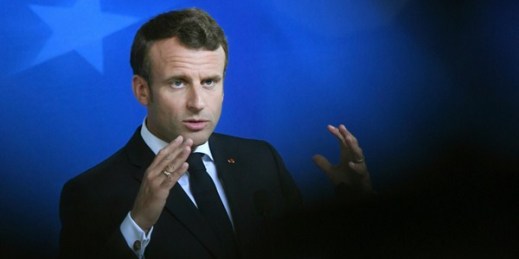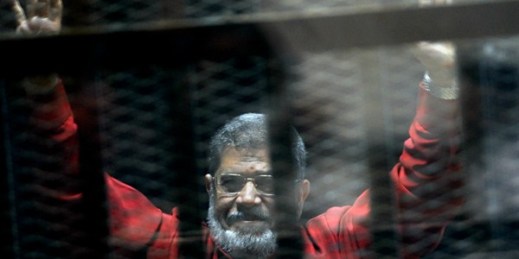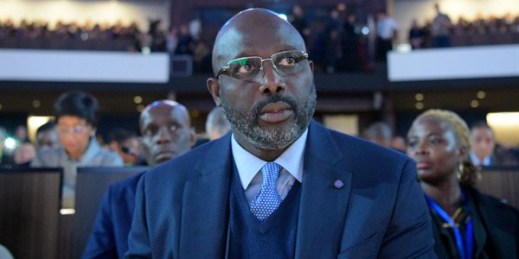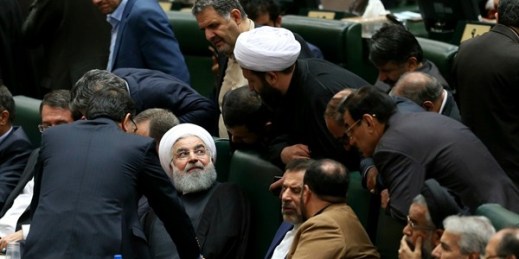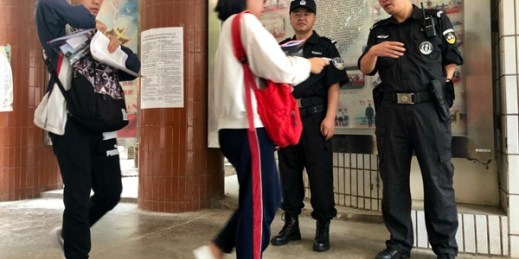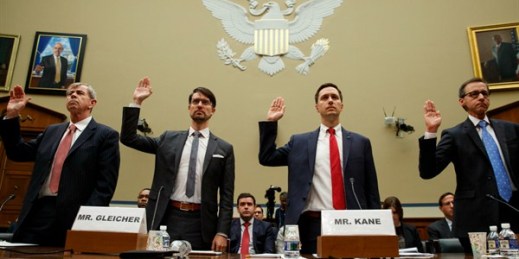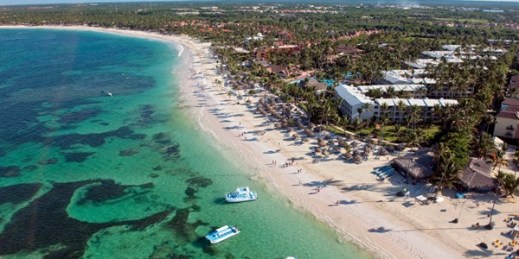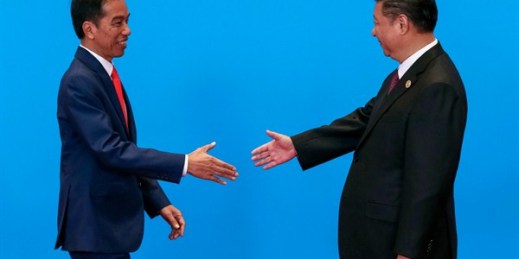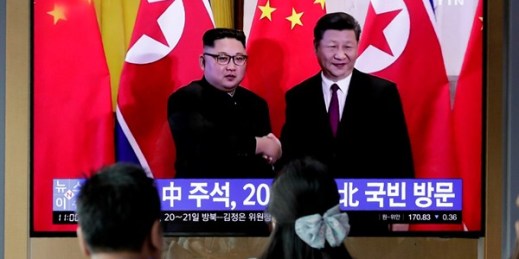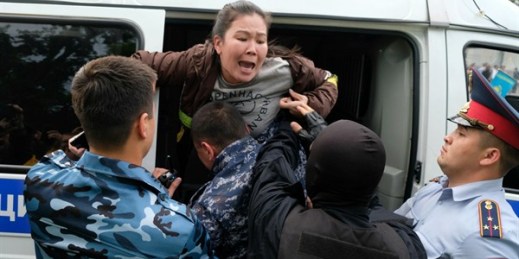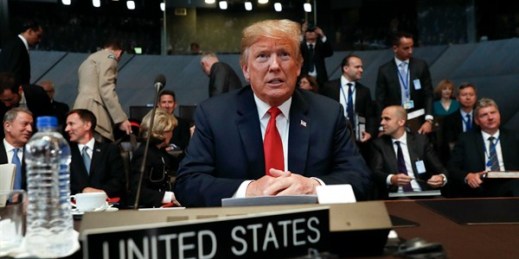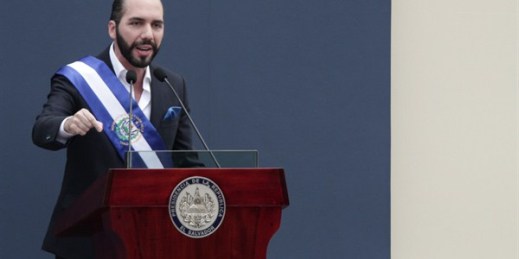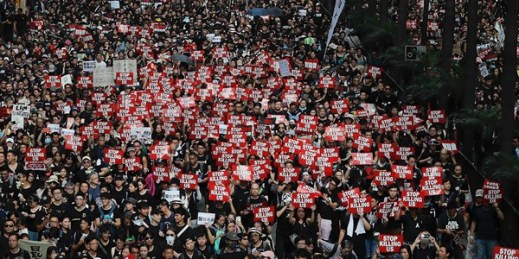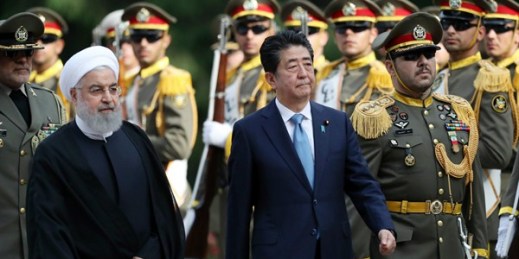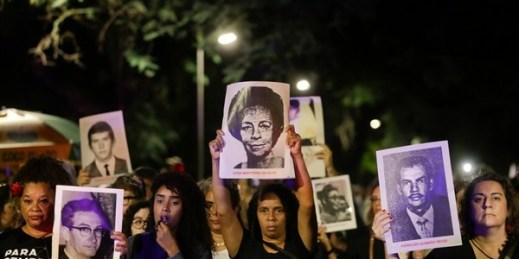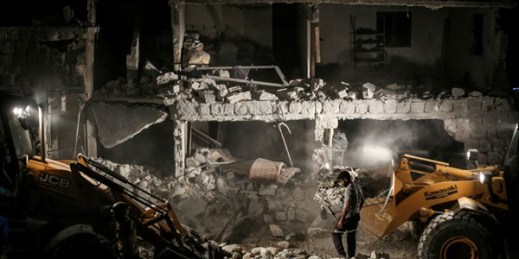
Since late April, tens of thousands of civilians have fled their homes in the Idlib region in northwestern Syria as President Bashar al-Assad’s air force pummels Islamist-controlled towns. Amid the fighting, Russia and Turkey continue to negotiate for a restoration of a broken cease-fire in Idlib, with each seeking changes that will shore up its own influence over the conflict. As ever in Syria’s civil war, there are key questions about this latest escalation—from the fundamental facts on the ground in Idlib, to the interests of outside powers and the potential endgame. The region of Idlib, which also includes insurgent-held […]

